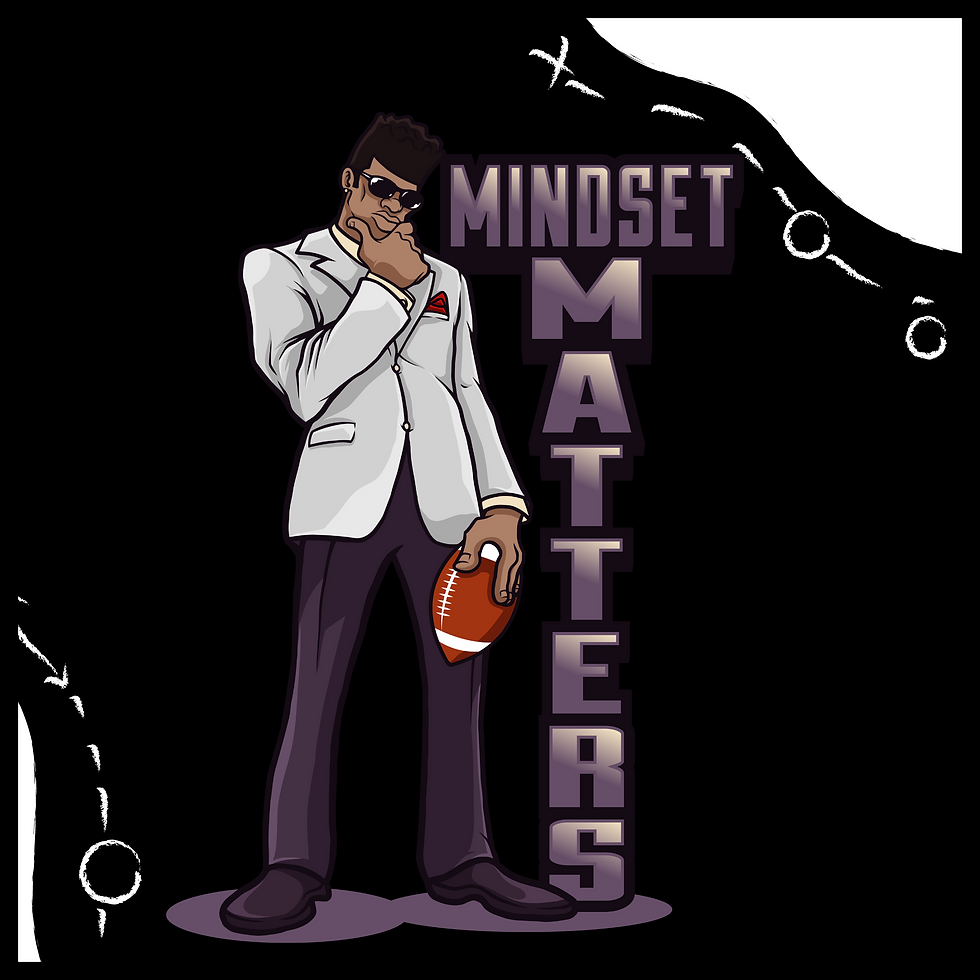Overcoming Depression in Athletes
- Coach Muhammad

- Feb 24, 2023
- 3 min read
Depression is a significant issue among elite athletes. However, there are effective options than can help.

"Oftentimes, depression is either ignored or hidden. So it is very important for a parent to be engaged with their athlete so that they can recognize symptoms that an athlete may be dismissing."
Depression amongst athletes is a serious topic. If gone untreated it can not only negatively affect one’s personal life, but also affect their performance as an athlete. Although it is often dismissed, we find it extremely important that today's athletes are able to recognize the signs and act on them as well as informing parents so that they could also help if their athlete is in need.
Spot The Signs
Common symptoms of depression include
Feeling hopeless or worthless
Loss of interest in things you were originally interested in
Low mood
Suicidal thoughts
Loss of appetite
Difficulty concentrating
Loss of energy
Heavy Isolation
For an athlete, It is important to be aware of how you are feeling so that you can recognize any of these symptoms as quickly as possible and seek help immediately before these symptoms get more difficult to deal with.
For a parent, not only should you be aware of your athlete’s mood and behavior, but verbally check in on them as well. Oftentimes, depression is either ignored or hidden. So it is very important for a parent to be engaged with their athlete so that they can recognize symptoms that an athlete may be dismissing.
Ask For Help
"Reach out & talk about it. The best way to ask for help is to simply reach out to someone"
It is difficult, but no matter what, the best way to ask for help with depression is to simply reach out to someone. In serious cases a healthcare professional should be contacted, however, it is not always only professionals that can help with depression. Reaching out to someone around you who will listen can be extremely beneficial in dealing with depression and getting help.
Tell someone how you truly feel. Nothing is insignificant. By opening up more you can allow people to help you more efficiently. If needed, you can even just ask them to listen and not give any advice. Let them know that all you need is their time, patience, and attention in order to get the help that you need.
There are also toll-free 24hr services that will take the time to listen to you and even give advice on how to deal with your mental health:
National Alliance on Mental Illness: 800-950-NAMI (6264)
Suicide & Crisis Hotline: 988
SAMHSA: 800-662-HELP (4357)
Advice For Parents
"Be patient and listen to your athlete. They need to know that someone is listening and cares for them. "
Be patient and listen to your athlete. They need to know that someone is listening and cares for them. Create an environment where they feel comfortable coming to you for help. As their parent, help from you can go a very long way with helping your athlete overcome their depression. If they seem like they are considering harming themselves, contact a healthcare professional immediately. Most importantly, take mental health seriously. It is normal for athletes to push themselves to overcome difficulty but in the world of mental health, that is not always the best way to go about treating it. When an issue arises, take the time to deal with it, and then move on. It will benefit your athlete greatly in the long run.



Comments